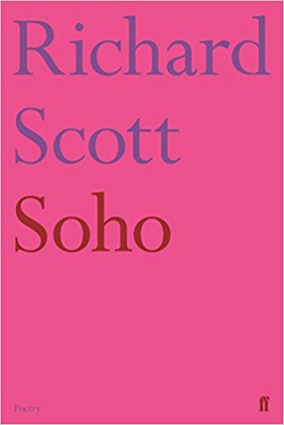It’s the start of this year’s book prize season and I love perusing all the lists the judges to create to see what they choose to highlight. One of my favourite prizes of late is the Swansea University International Dylan Thomas Prize – whose shortlist I so avidly followed last year. It was great to see poet Kayo Chingonyi receive the prize last year for his debut collection “Kumukanda”. The Dylan Thomas Prize is awarded to what the judges deem to be the best published literary work in the English language written by an author aged 39 or under.
This year’s longlist has just been announced and it’s got that perfect mix of books I’ve read and admired, books I’ve been meaning to read and a few books I’ve not come across before. On the list are eight novels, two short story collections and two books of poetry. Two that I’ve read and that were also listed for this year’s Costa Book Awards are “Normal People” by Sally Rooney and “Soho” by Richard Scott. Rooney’s immense popularity as one of the most exciting new voices in Ireland today is well deserved and Richard Scott’s disarmingly beautiful and emotional poetry still vividly sticks with me. It’s also wonderful to see the excellent Sarah Perry honoured for her most recent novel “Melmoth” and writer Emma Glass for her wickedly creative slim debut novel “Peach”.
I’m eager to try reading some of the other books listed before the shortlist is announced on April 2nd. This year’s winner will be announced on May 16th. It’s also fun to note that one of the judges of this year’s prize is writer Kit De Waal!
Have you read any of the books on this year’s longlist or are you curious to try some of them now?











